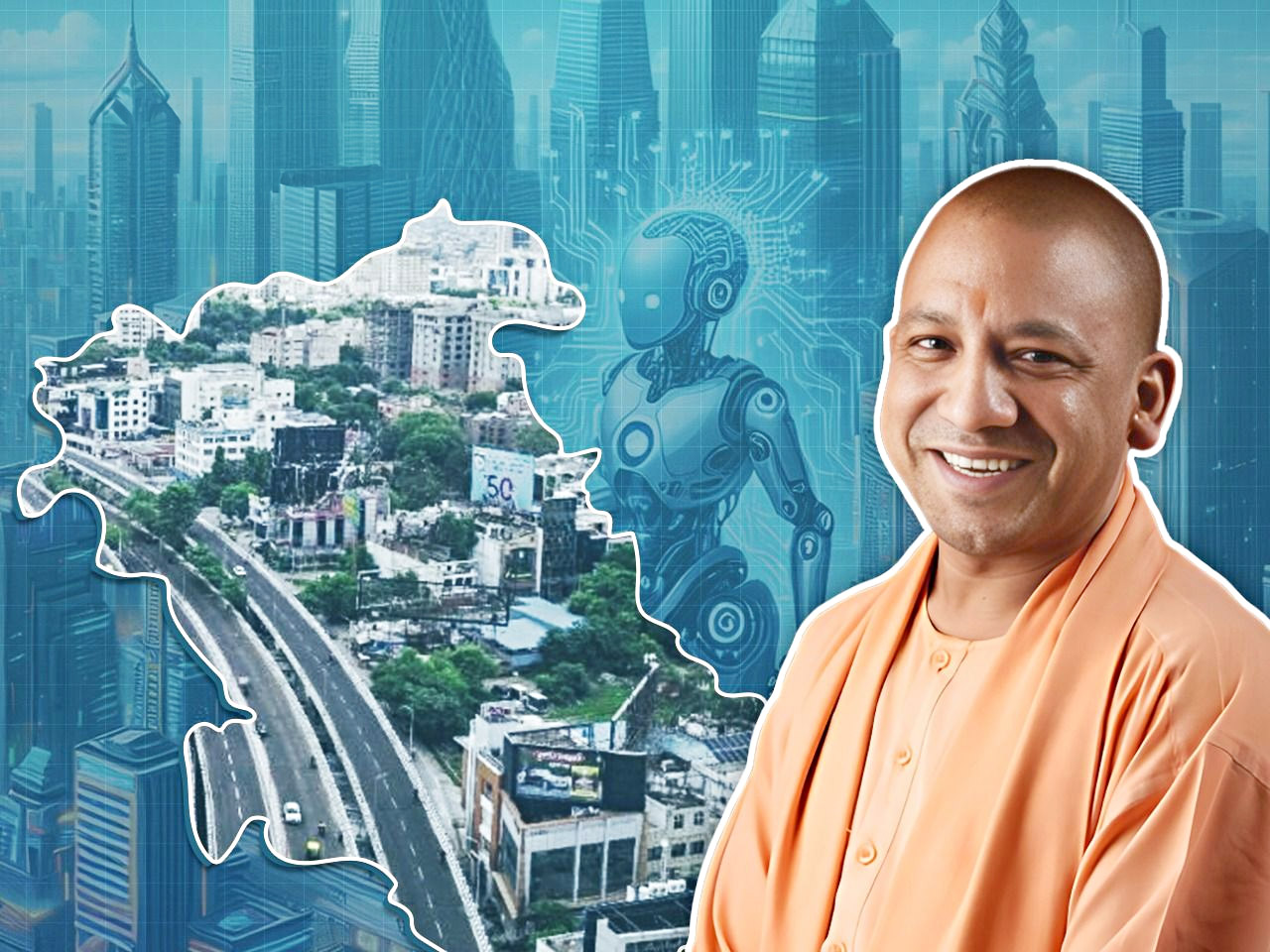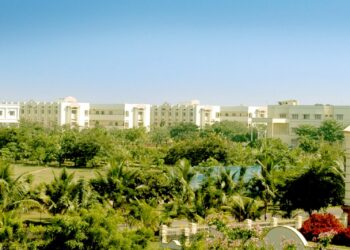If non-personal data in any form is to be considered as public good to be utilized for public benefit, the expert committee report on Non Personal Data Governance Framework needs to re-evaluate the nature of data to internalize the externalities created through such interpretation.
By Shubhangi Heda 
The recently released revised report of the expert committee on Non Personal Data Governance Framework, laudably proposes a framework for sharing non-personal data for public interest purposes. For this, the committee specifically focuses on high value datasets(HVD) as specific datasets of non-personal data which are beneficial to community and would be shared as a public good, subject to certain guidelines as prescribed by the report.
In this context, it is imperative to analyse the claim of HVD as a ‘public good’ to assess related externalities, costs and misalignment of incentives that may flow from such a framework. There is no fixed resource attribution that is given to data yet and the economics around it is still evolving. For example, United Kingdom is now proposing to treat data as an infrastructure, wherein data is considered as an important source for designing and improving existing infrastructures, for example in the case of smart cities.
European Union has classified data as an ‘experience good’, considering that its value changes and varies with each use creating different value for each user. On the other hand, United States sees data as a capital asset such that the company which collects the data has a right in it.While India has proposed for specific HVD useful for community benefit to be a ‘public good’.
Conceptually public goods are non-rivalrous and non-excludable in nature. However, the form in which non-personal data currently exists with private companies makes it non-rival and yet excludable due to existing intellectual property rights and its commercial value for businesses. This makes non-personal data a ‘club good’ or ‘impure public good’.Thus, in order to transition this data from ‘club good’ to ‘public good’, would involve transitions costs and externalities, which necessitates assessment of very nature of data as ‘public good’.
This is specifically important as ex-ante assessment of social benefit accruing from data is difficult. While the report intends that the benefits derived from data access would be available to larger community, however, certain excludability may emerge in instances of data usage by businesses creating chargeable public benefits. In such cases, the mandatory sharing of HVD (with only caveat of adjudication by Non-Personal Data Authority) on the basis of it achieving ‘common good’ without internalizing costs and externalities associated with public good becomes problematic.
Also somewhere underlying this argument is also an assumption that the markets are not capable of providing public benefits, which presents the need for regulatory intervention. However, globally including India, data sharing practices by companies are emerging, thus there is greater need of evidence collection and assessment to establish market failures, if any.
The report has also justified its claim on legal basis stating that under Article 39 of the Constitution of India, data could be considered as ‘material resource’ to prescribe its equitable distribution for ‘common good’. However, data by its very nature is different from other material or tangible resources such as land or water.
It does not have inherent value in itself and only becomes useful once it is collected and processes with a targeted objective. Additionally, it is not exhaustible like land or oil, and one person use of certain non-personal data does not create a rivalry and other person is free to collect it. Thus, the provision such as that of land acquisition cannot be applied to data, because data is non-rival, thus the necessity of equitable distribution does not arise.
The Report also has underlying tones for data to be considered as a ‘public infrastructure’. However, even with this claim the committee should be mindful that the responsibility of providing and maintaining a public infrastructure lies with the government. In the current form, the report has transferred this responsibility of identifying public infrastructure to the data trustees with ample discretion and not enough accountability.
On the other hand, the cost of providing this infrastructure still seems to be borne by the data custodians. In such a situation, non-personal data held by private sector cannot be considered as public infrastructure in its truest sense. On the contrary, public sector data, which is collected and maintained by the government on tax payers’ money, should be considered as public infrastructure.
These conflicts in assessing the nature of data create externalities and leads to a disjointed chain of benefit, creating exclusions for stakeholders in the non-personal data ecosystem and ambiguities in intended benefits.
Thus, if non-personal data in any form is to be considered as public good to be utilized for public benefit,the report needs to re-evaluate the nature of data to internalize the externalities created through such interpretation. Moreover, before considering HVD as public good or as public infrastructure it is necessary to develop infrastructure for data.Infact, for this the first step should be bolster the infrastructure and policies to ensure availability of public sector data.
The writer is Assistant Policy Analyst, CUTS International
















